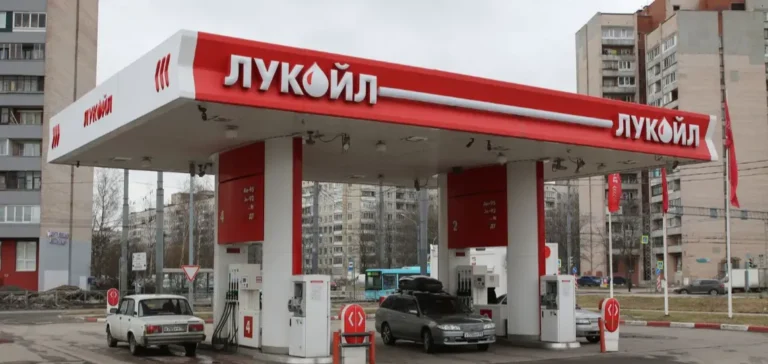The Government of the Russian Federation has announced an extension of the temporary ban on the export of refined fuels, including automotive gasoline and diesel, until 31 December 2025. The measure, formalised by decree, will apply to all exporters, including direct producers, except where specified by authorities.
This decision comes as part of efforts to maintain a stable supply in the domestic Russian market. In addition, a second decree bans the export of marine fuel oil, gasoil and similar products, whether produced directly or purchased through energy trading platforms.
Domestic stability prioritised amid supply constraints
The restrictions will come into effect the day after their official publication and will remain in place throughout 2025. According to authorities, the measures aim to prevent internal price hikes and logistical imbalances in national fuel distribution, without affecting domestic deliveries by refiners.
The previous ban, introduced earlier this year, had already helped rebalance available volumes within Russia in response to rising seasonal demand and pressure on transport infrastructure. However, authorities have not clarified whether exemptions will be granted for specific trade partners or pipeline-based exports.
Extended measure under geopolitical pressure
The extension of the refined fuel export moratorium also reflects structural adjustments imposed by international sanctions and domestic logistical constraints. The goal remains to ensure national energy availability amid macroeconomic uncertainty, as Russian refineries navigate fluctuating demand and increased pressure on margins.
Russia has been one of the world’s main suppliers of diesel and fuel oil, particularly to African and Asian markets. The prolonged suspension of exports may impact global energy flows, although Moscow has not commented on the potential for a phased lifting of restrictions before the end of 2025.






















